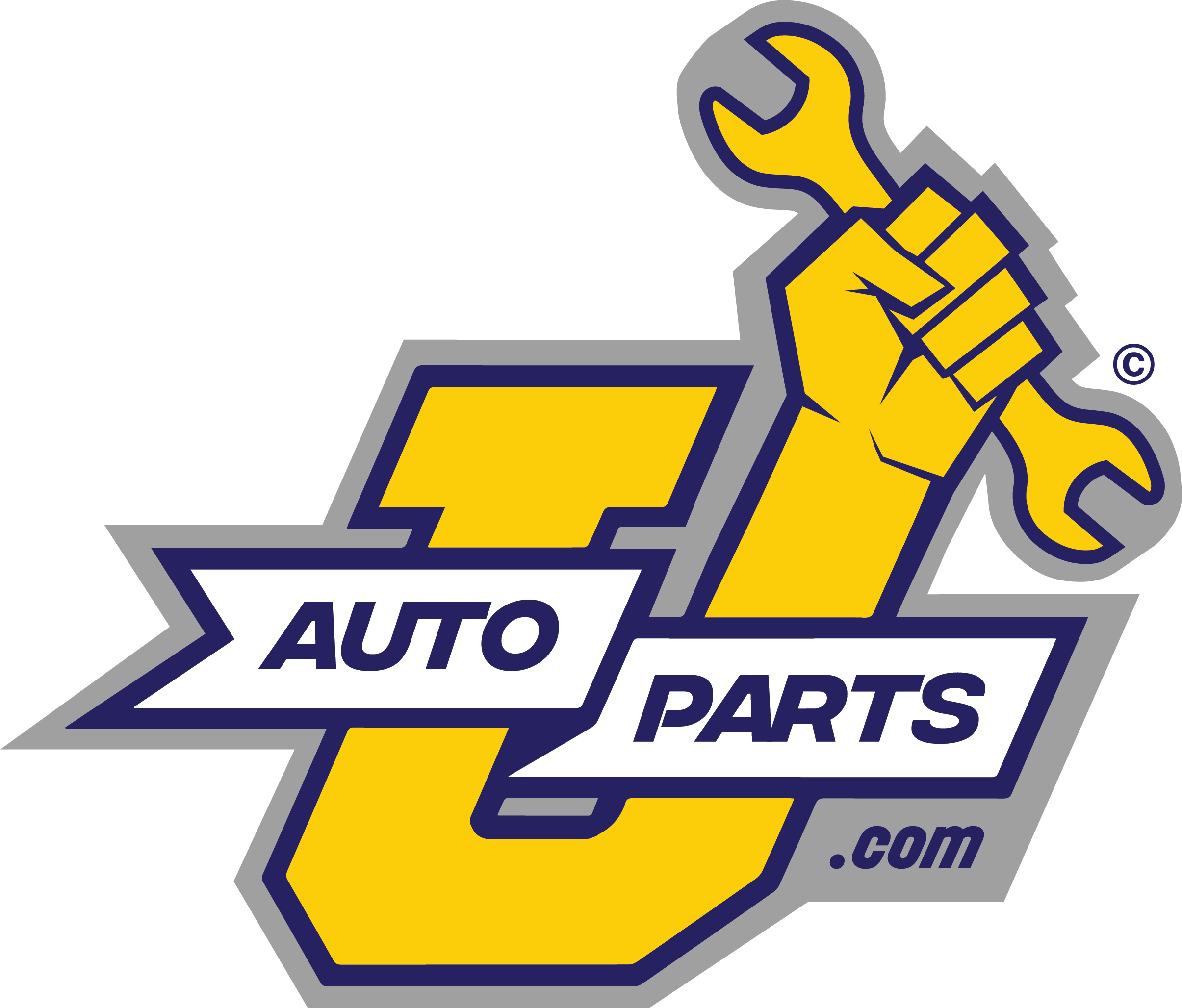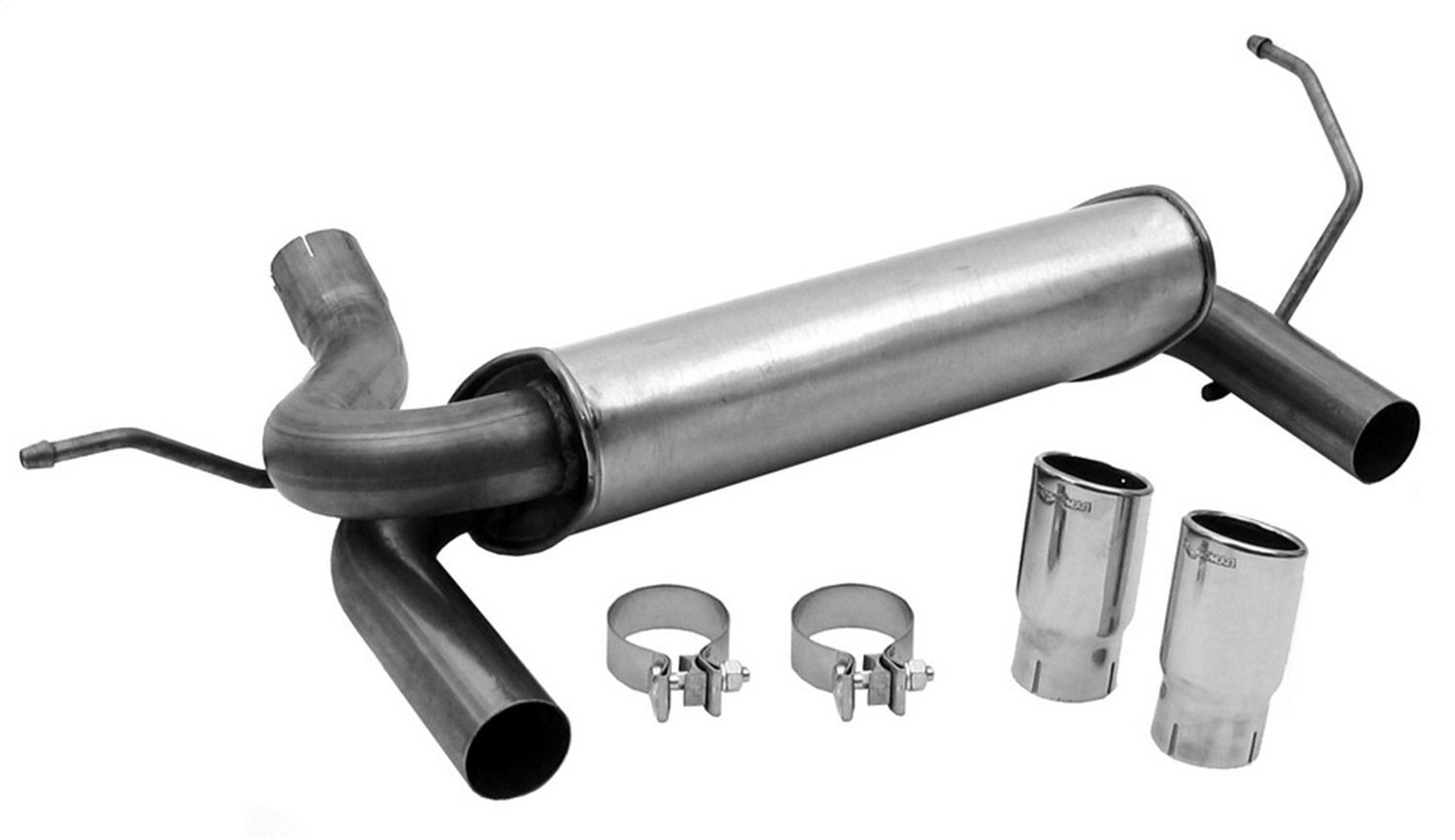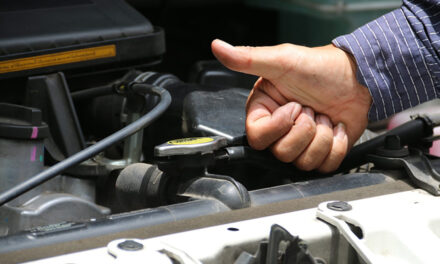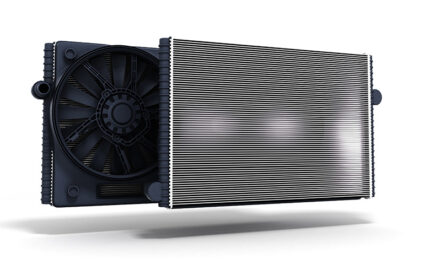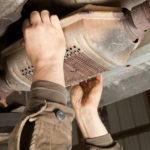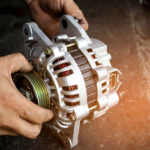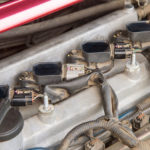When you need to buy parts for your vehicle, you have tons of choices: Genuine, OEM, and aftermarket parts. When you get to aftermarket parts, you have many brands to choose from, sometimes with a considerable difference in price. When it comes to auto parts, in most cases, “You get what you pay for” holds true. Always research replacement auto parts reviews before you buy from a name you are not familiar with.
The Difference
When you are comparing genuine, OEM, and aftermarket parts, you can’t assume that just because a part is from the dealer it’s better. Knowing the difference between the types of parts will help you choose what is best for your vehicle.
Genuine
Genuine parts come from the dealership in most cases. These parts are manufactured by the original vehicle manufacturer and are stamped with the manufacturer’s name. Sometimes auto parts stores stock certain genuine parts.
OEM
OEM stands for “original equipment manufacturer.” Back in the day, these parts were also manufactured by the vehicle manufacturer, but in many cases, the manufacturers hire a third party, often in China or another country with low labor costs, to make OEM parts.
Aftermarket Parts
Any manufacturer that buys the rights for a specific part may make that part. Generally, if Brand A is more expensive than Brand B, Brand A uses higher quality materials, though that doesn’t always hold true. When buying aftermarket parts, buy brands that you are familiar with, even if they end up costing you more. That extra few dollars may save you hours of time later because you won’t have to replace an inferior part.
When I Should or Should Not Buy Aftermarket Parts
In some cases, you are better off going with genuine parts or even OEM parts. Bodywork and brakes are good examples. If you buy a replacement fender from an aftermarket dealer, it may not fit exactly right. You’re better off buying body parts right from the dealership. Brakes are another item where quality is often better if you buy OEM or genuine parts. The stopping power of aftermarket brakes is just as good as genuine or OEM brakes. However, aftermarket parts may squeak. If you don’t mind the noise, then go for the aftermarket brakes.
Often, aftermarket parts are better than OEM or genuine parts. The manufacturers of the aftermarket parts reverse-engineer the parts. If they find a weakness in the parts, they add the fix into their manufacturing process. If you are careful of the aftermarket brand you buy, you may even end up with something better than OEM or genuine parts for much less money.
Warranties
Always check the warranty on any part you purchase. Most parts have a one-year or a limited lifetime warranty. Don’t let “limited lifetime” fool you—it means the lifetime of the part, which might be as little as a couple of years. It definitely does not mean the life of the car or your life.
Visit Auto Parts U
To find replacement auto parts reviews and learn more about replacing your own car parts, visit Auto Parts U.
